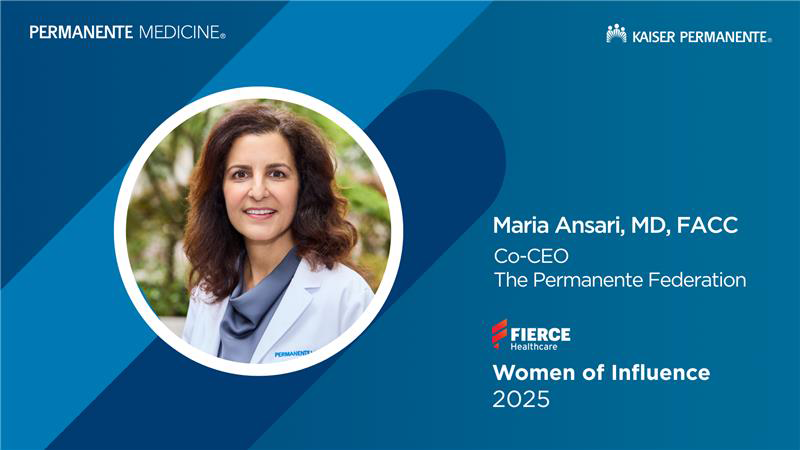Permanente physician leader selected for deploying advanced precision-medicine pathways, 24/7 virtual urgent care, and AI-powered scribe technology.

Ken Hempstead, MD, addresses importance of doctor-patient relations in vaccines conversation
Despite a large body of scientific evidence demonstrating the effectiveness and safety of vaccines, there remains a portion of the country where parents remain skeptical, refraining from getting their children vaccinated for diseases such as measles and mumps. An article published in Time magazine today examined parents’ struggles with understanding vaccines against the backdrop of the recent measles outbreak in Washington state.
The article, “Why a Mom Finally Decided to Vaccinate Her Kids After 15 Years,” quotes several experts, including Ken Hempstead, MD, a vaccine communication lead for Kaiser Permanente Northern California and a pediatrician with The Permanente Medical Group. Dr. Hempstead emphasized that clinicians who take the time to build a strong relationship with patients and take the time to discuss the vaccine will often be more successful in convincing parents to have their children vaccinated.
“Like it or not, it really just falls down to trust,” Dr. Hempstead says.
While vaccine rates remain high across the United States at about 91 percent, according to the Centers for Disease Control and Prevention, studies still show that the percentage of non-vaccinated children are on the rise. A CDC report published last fall found the percentage of children with no vaccinations by age 2 years increased from 0.9 percent for children born in 2011 to 1.3 percent for those born in 2015.


